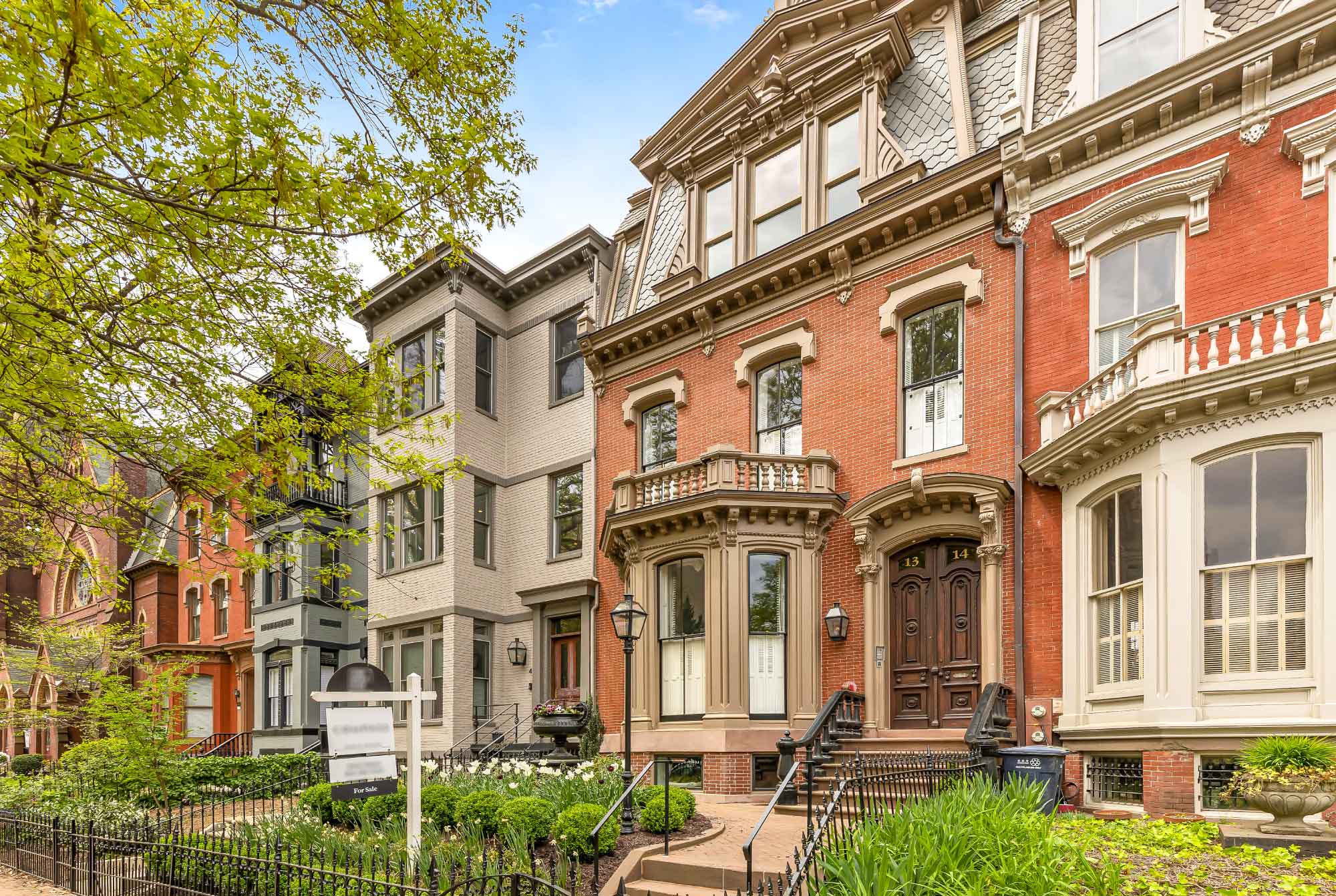How Long To Wait Before Selling My DC Home
Getting ready to make moves? Before you even place an offer on that home you’ve been waiting to find, it’s advisable to think about how long you’ll actually plan to stay there in order to maximize the return on your prized investment. So — how long do we suggest waiting before selling your home in DC today? Based on historic data, it takes approximately 4.5 years to recoup the costs: equivalent to roughly 7% in appreciation.
Breaking down the costs to sell at a basic level, there are real estate commissions to pay, transfer and recordation fees that go to the DC government, administrative fees for the broker, title fees, and in some cases, inspection repairs. Of course, if you’re thinking about living in your new home for a few years only, you can always rent it our or hold the property as an investment before listing.
Curious for more insight into why less time in a home can cause harm to your financial portfolio? Keep reading for the main consequences of selling too soon in DC!
#1 Higher Capital Gains Tax: Capital gains tax is a tax on profits from the sale of investments, like stocks, bonds, and real estate. It’s levied at a rate of 0–20%, according to your tax bracket. If you sell your home within a year of buying it, you’ll have to pay short-term capital gains tax on the sale, meaning you’ll be taxed at a regular income rate (10–37%), which will most likely be higher than the capital gains rate. If you have lived in the house for at least two years total (not necessarily consecutive) within the past five years, it qualifies as a primary residence, which means you can get a tax exclusion from the IRS. The exemption is $250,000 in profit for a single person and $500,000 for a married couple.
➤ Looking for more DC selling advice? Read these posts next:
- Home Selling Mistakes to Avoid
- How to Sell a Tenant-Occupied Property
- 10 Questions to Ask Your Realtor Before Selling
#2 Less Time to Increase The Home’s Value: It’s simple: in real estate, time equals value. The longer you stay in a home, the more money you’ll make when you sell it. In fact, home values generally increase from 4% to 8% on an annual basis. As we mentioned before, if you’re not in a rush to sell, consider holding onto your home for a few years to maximize your profits.
#3 Typical Closing and Moving Costs – Again: After paying costs like transfer and recordation fees for the home you’re selling, you’ll also have to cover some closing costs, which can add up to 2–3% of the sale price. On top of that, you’ll be faced with the costs of moving, which average around $1,400 for moves within 100 miles and $4,000 for moves out of state.
#4 Negative Perception (and Lower Sale Price): Previous sale dates are public record, so if you try to sell your home too soon after buying it, you may get lowball offers from buyers who think something is wrong with the property – or even worse, you might not get many buyers at all.
Curious about more selling tips? Click here to learn how long it takes to sell a home in DC.
#5 Static Market Conditions: Many external factors outside of your control can influence the value of your home – such as the sudden and unexpected rise of a global pandemic, for example. Sometimes, it’s better to wait until market conditions become more favorable before seeking to sell your home, and in many cases, selling too soon might mean missing your chance to capitalize on the perfect timing.
Thinking about buying or selling this fall? Our team is here for you every step of the way.
Put Us To Work For You
Book a consultation with our team today.
